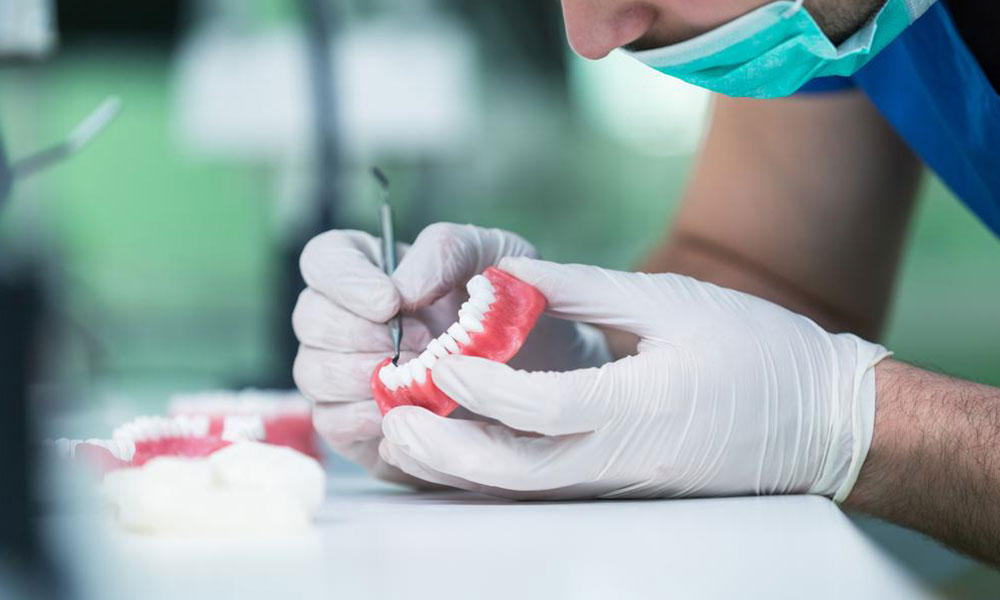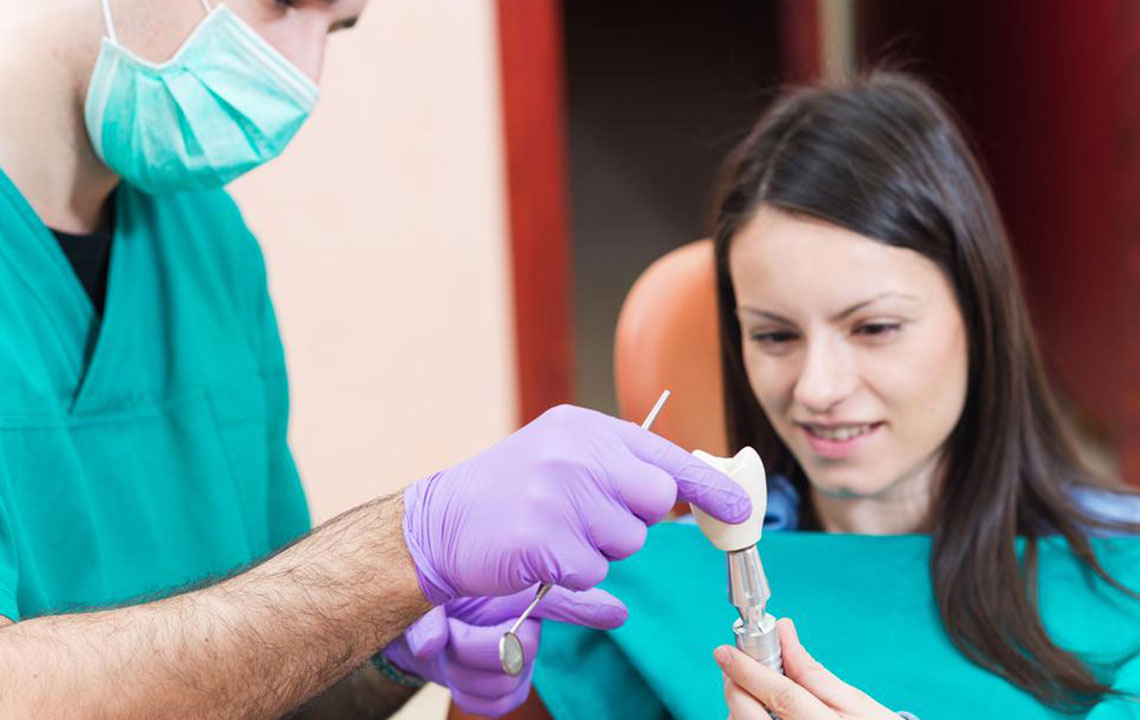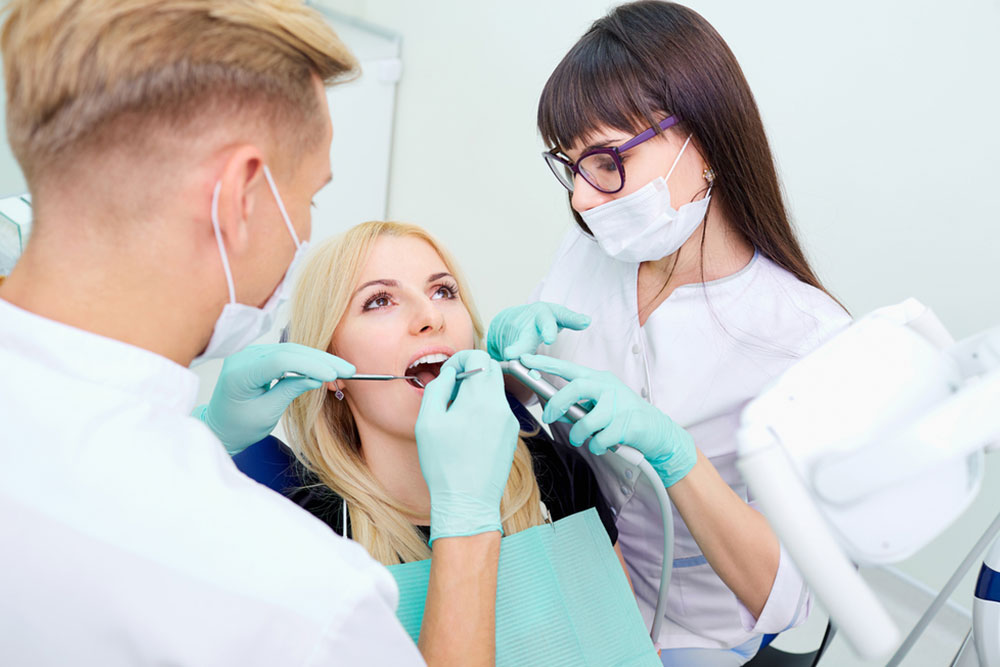How to prepare for a tooth extraction
Dentists may recommend extractions if tooth decay is far too extreme and the tooth cannot be saved even after putting a crown or a filling. There are a number of other reasons why a tooth is extracted. It may be because baby teeth have not fallen yet. Moreover, if people are subject to chemotherapy or radiation therapy to their head or neck, they may need an extraction to remove a tooth that is in the way.

There are certain steps required to properly prepare for a tooth extraction. Let’s take a look.
Preparation by the dentist
Here is what a dentist or orthodontist may do to prepare for tooth extraction:
- The dentist may ask the patient to get a panoramic x-ray done that will show the teeth all at once. This x-ray gives the dentist more information especially about the upper teeth and how they’re related to the sinuses. It also tells the dentist about the lower jaw and how they are connected to the inferior alveolar nerve. This nerve gives the lower lip, jaw and chin sensation and feeling. The x-ray will also tell the dentist about the wisdom teeth and how they fit in the mouth. Also, any infections or damaged teeth will immediately become apparent after an x-ray.
- Sometimes the dentist may prescribe taking antibiotics beforehand especially if the procedure is long and drawn out, if you have a weak immune system or if there is the prevalence of specific medical conditions that necessitate the same. These antibiotics can sometimes be prescribed for several days before the extraction is performed.
- Anesthesia is sprayed and also administered in the gums with a fine needle. This will remove all sensation and ensure the patient feels no discomfort during the extraction.
Preparation by the patient
Apart from getting mentally prepared for a tooth extraction, here are some preparatory steps that can be taken by a patient:
- Avoid eating or drinking anything 6 to 8 hours before the surgery.
- If you have a cold or a stuffy nose, do inform your doctor.
- Wear short sleeved clothing so any intravenous anesthesia can be easily administered.
Follow-up action
After the tooth extraction is complete, patients will receive detailed instructions from their dentist. This includes taking certain pain medications that are to be taken in the following days. Pain usually subsides within 2 or 3 days and the dentist will suggest a suitable follow-up date.




